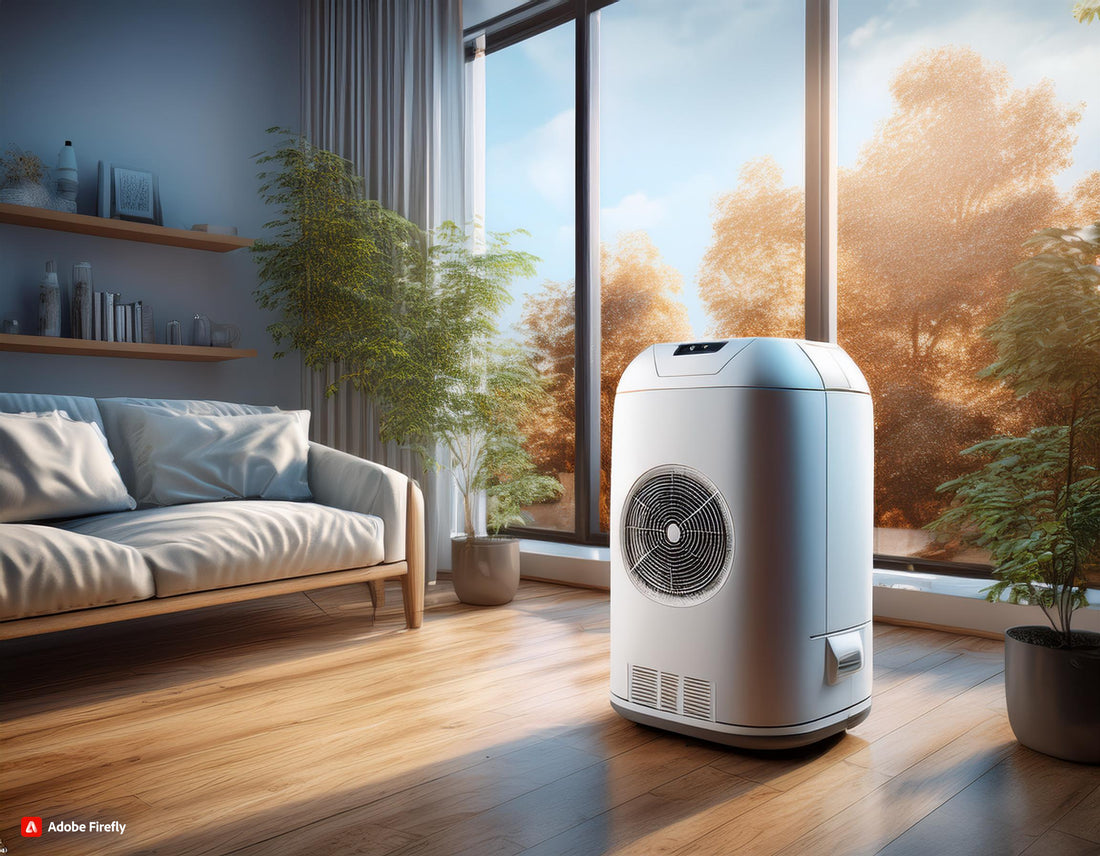A common concern when using air purifiers is whether they dry out the air, especially in homes where maintaining comfort and humidity levels is essential. While air purifiers help to filter and clean the air, many users wonder if these devices inadvertently affect indoor humidity. This article explores whether air purifiers have any impact on air moisture and how to maintain an optimal balance of air quality and humidity.
How Air Purifiers Work
Air purifiers are designed to remove contaminants from the air using various filtration methods, such as HEPA filters, activated carbon filters, or UV-C light technology. These devices capture dust, pollen, smoke, and other pollutants, improving the air quality in your living space. However, unlike dehumidifiers, air purifiers are not designed to remove moisture from the air.
Do Air Purifiers Actually Dry the Air?
Air purifiers do not have the capability to dry the air or alter humidity levels. Their primary function is to remove particles from the air, not to absorb or add moisture. Dehumidifiers, on the other hand, actively remove moisture from the air, which is why they can lower indoor humidity levels. Air purifiers only filter the air, making it cleaner without affecting humidity.
Why Some People Think Air Purifiers Dry the Air
The misconception that air purifiers dry out the air may stem from the sensation of increased air circulation. When air is purified and circulated at a higher rate, it can feel cooler and "drier," especially in the winter months when heating systems are already drying the air. Additionally, some people may associate the feeling of cleaner, fresher air with a sense of dryness, even though the actual humidity levels remain unchanged.
Factors That Can Make Air Feel Drier
While air purifiers themselves do not lower humidity, other environmental factors can contribute to the feeling of dry air. Heating systems, particularly forced air systems, and air conditioning are major contributors to lowering humidity levels. These systems tend to pull moisture out of the air as they warm or cool your home. Seasonal changes, like cold winter air, naturally lower indoor humidity, which may create the perception that an air purifier is causing dryness.
Types of Air Purifiers and Their Impact on Air Quality
Different types of air purifiers, whether they use HEPA filters, activated carbon filters, or UV technology, do not impact humidity levels in the home. For example, Hari Hats, a wearable air purifier, focuses on personal air purification by filtering harmful pollutants while allowing the wearer to breathe cleaner air. However, just like standard air purifiers, Hari Hats do not affect humidity levels—ensuring that users stay comfortable while benefiting from portable air filtration.
How to Maintain Optimal Humidity While Using Air Purifiers
To maintain healthy indoor humidity while using air purifiers, consider adding a humidifier to your space. Humidifiers release moisture into the air, ensuring that the air does not become too dry, especially during colder months. Additionally, regularly monitoring indoor humidity levels using a hygrometer can help you keep track of humidity and make adjustments as necessary.
Another way to maintain optimal air comfort is by incorporating plants into your living space, as they naturally release moisture through a process called transpiration. Pairing plants with air purifiers like Hari Hats or home units can create a balanced indoor environment that promotes both cleaner air and comfortable humidity levels.
Conclusion
Air purifiers, including innovative products like Hari Hats, do not dry out the air or affect humidity levels. Instead, they focus on removing harmful pollutants and improving air quality. If dry air is a concern, it is more likely due to environmental factors like heating or air conditioning systems. To ensure optimal indoor comfort, using humidifiers alongside air purifiers and monitoring humidity levels can help create a healthy, balanced environment. For more information on wearable air purifiers like Hari Hats, visit harihats.com.
